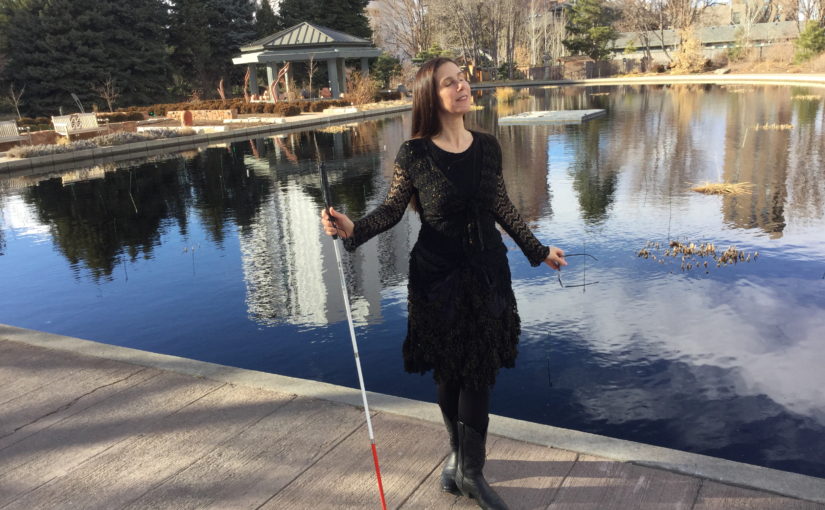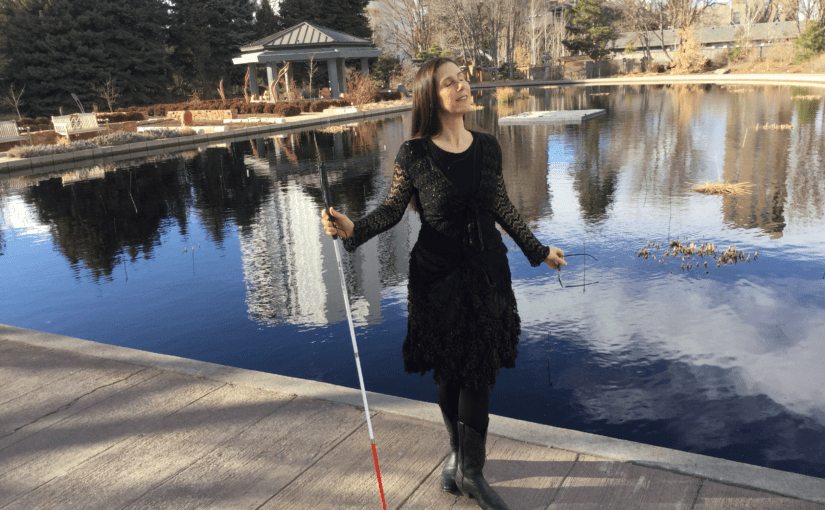LightHouse Offers Storytelling Weekend with Workshop and Performance Salon, March 30 & 31
During the weekend of March 30 & 31, LightHouse welcomes Dr. M. Leona Godin, a writer and performer who is blind, to lead a two-day storytelling workshop and to host our next...

